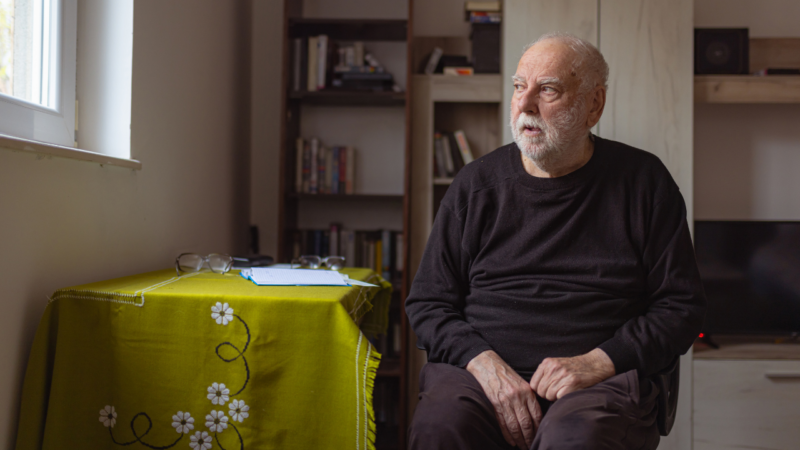As we age, our cognition, or mental processes, naturally decline; this means that some of us will experience some form of memory loss after the age of 65.
Often memories formed many years ago remain quite stable but forming new memories can be difficult; our ‘working memory’ – i.e. recalling a phone number – is particularly affected. There can also be difficulty with multi-tasking and switching focus.
But how then do we tell the difference between mild memory loss as a part of aging, and dementia?
Mild cognitive impairment (MCI) is still considered to be a normal part of aging and doesn’t necessarily mean we have dementia. With MCI, people will experience some forgetfulness, impulsivity and difficulty maintaining a train of thought, but they can still do complex tasks and live their normal day to day lives without interruption.
Dementia, on the other hand, results in symptoms that are persistent and progressive, and will gradually worsen to the point where our abilities seriously deteriorate and we are no longer able to take care of ourselves. As well as having memory loss, other symptoms of dementia include personality changes, confusion, difficulty performing everyday tasks.
The World Health Organisation (WHO) estimates that after the age of 60, about 5-8% of us will live with dementia at some point. There are many different types of dementia, with Alzheimer’s being the most common. All types differ slightly in terms of their symptoms and onset.
It’s also important to be aware that in some cases mild cognitive decline can lead to dementia further down the track.
Signs of memory loss as a part of normal aging
- Unable to remember details of a conversation that took place a year ago
- Difficulty remembering the name of an acquaintance
- Forgetting things and events occasionally
- You are worried about your memory but your friends and relatives are not
Signs of dementia
- Asking the same questions repeatedly
- Difficulty recognising or know the names of family members
- Forgetting things or events more frequently
- Forgetting common words when speaking
- Unable to recall details of recent events or conversations
- Your friends and family are worried about your memory but you are not
Worth noting: Depression, emotional stress, side effects from medications and alcohol can also present with some of the same symptoms as dementia.
If you are concerned about yourself or your elderly Mum or Dad (or other family member) showing signs of dementia, speaking to a GP is a good place to start.
While there is no one test to diagnose dementia per se, doctors can use a combination of things such as medical history, physical examination, lab tests, scans and changes in characteristics and behaviour to determine when someone does have dementia.
Here are some simple ways to keep your memory sharp and reduce your risk of dementia:
- Challenging yourself by keeping mentally active and learning new skills. This helps to strengthen brain connections and promotes new ones
- Keeping physically fit and active
- Ensure you are getting enough sleep
- Eat a healthy diet and avoid excessive amounts of alcohol
- Practice relaxation techniques as tension may prolong memory loss
- Keep busy with hobbies and being socially active in your community
*****************
At The Physio Co, we strive to make a meaningful difference by helping to improve the overall wellbeing of Australia’s seniors. If you’d like more guidance on how to help Mum, Dad or your older loved one to be more physically active, get in touch with The Physio Co!
Our team of physiotherapists are here to help: call today for a no-obligation chat on 1300 797 793.
Article written by Katie Jenkins, TPC physiotherapist

 1300 797 793
1300 797 793
